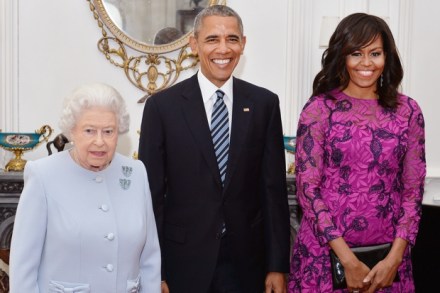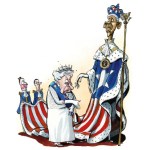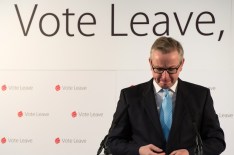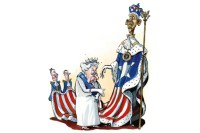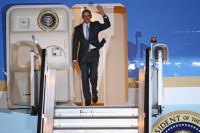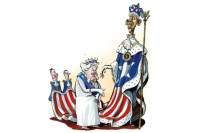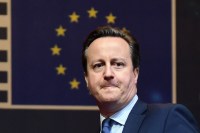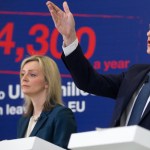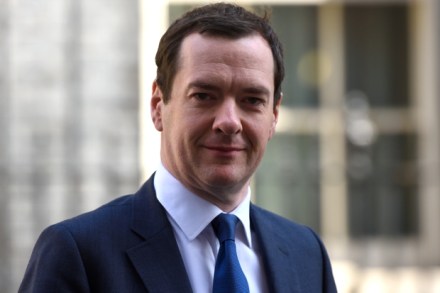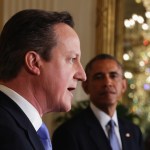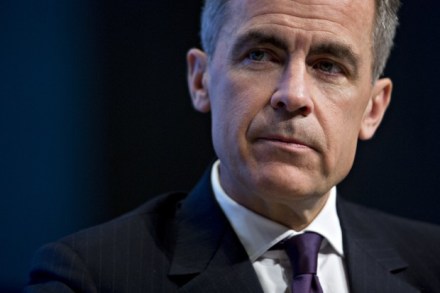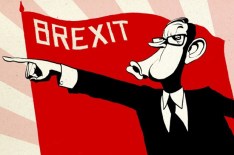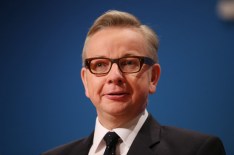Boris Johnson’s attack on Barack Obama belongs in the gutter
Boris Johnson is a former editor of this newspaper, and as such has the right to be treated with a courtesy Spectator journalists do not normally extend to politicians who do not enjoy his advantages. I am therefore writing with the caution of a lawyer and the deference of a palace flunkey when I say that Johnson showed this morning that he is a man without principle or shame. He is a braying charlatan, who lacks the courage even to be an honest bastard, for there is a kind of bastardly integrity in showing the world who you really are, but instead uses the tactics of the coward and the
